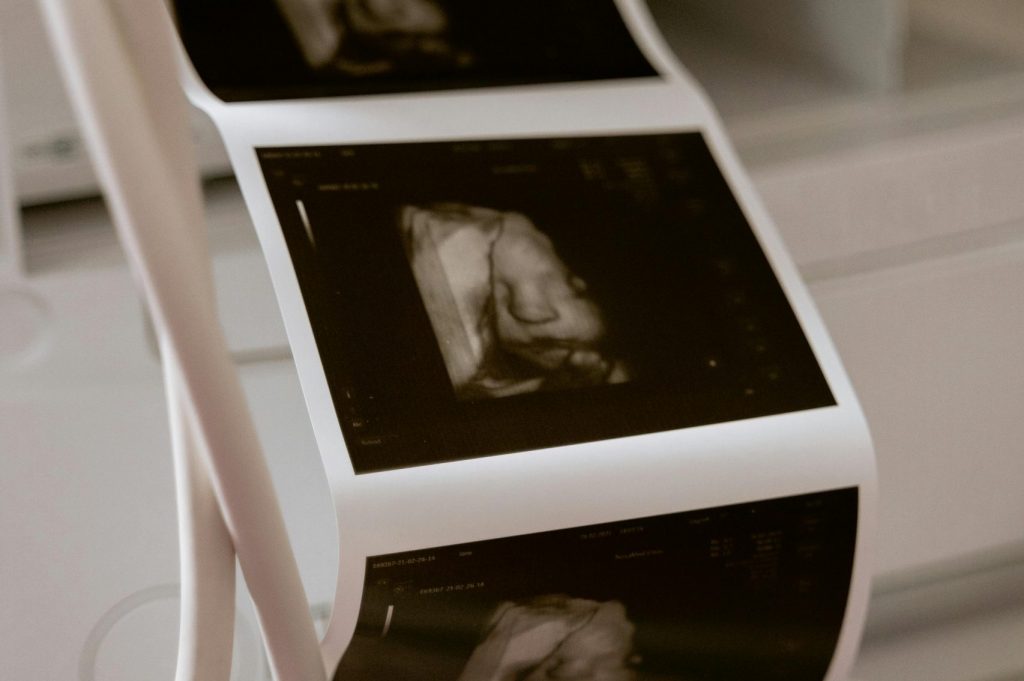
Companies are still offering women in Arkansas tens of thousands of dollars to bear children as commercial surrogates.
Commercial surrogacy agencies work with individuals and couples who pay women to be artificially inseminated and give birth to children for them as surrogates. Agencies often pay women thousands of dollars to act as surrogates.
For example, the company US Surrogacy has placed ads on Craigslist saying women in Arkansas can make $50,000 – $60,000 as commercial surrogates.
As we and others have said for years, commercial surrogacy exploits women and children. It treats babies like products that can be bought and sold, and it treats women like commodities.
In fact, many nations prohibit commercial surrogacy, because it is linked to the exploitation of women and children. However, commercial surrogacy laws in the U.S. tend to be lax.
In California, surrogate Brittney Pearson’s story shows some of the problems associated with surrogacy.
After Pearson was diagnosed with an aggressive form of cancer, doctors recommended inducing labor early and caring for the baby in the NICU while she started chemo. However, that isn’t what the same-sex couple paying Brittney Pearson as their commercial surrogate wanted.
Even though she was 24 weeks pregnant, and the baby might have been able to survive outside the womb, the men wanted Brittney to have an abortion. If the baby were born alive, the men asked that no life-saving measures be taken for the baby.
With her cancer having spread to her liver, Pearson found a hospital to induce birth. The child died shortly after being born on Father’s Day, June 18.
All of this was made possible by state laws that facilitate commercial surrogacy.
Stories like this one underscore why Family Council has opposed commercial surrogacy in Arkansas.
In 2017 we supported a bill to prohibit commercial surrogacy in Arkansas. Unfortunately, the measure never came up for a vote.
Commercial surrogacy violates the sanctity and dignity of human life, because it treats women like commodities, and it treats unborn children like property that can be manufactured, bought, sold, or destroyed at will.
To put it simply: People aren’t products.
Articles appearing on this website are written with the aid of Family Council’s researchers and writers.




